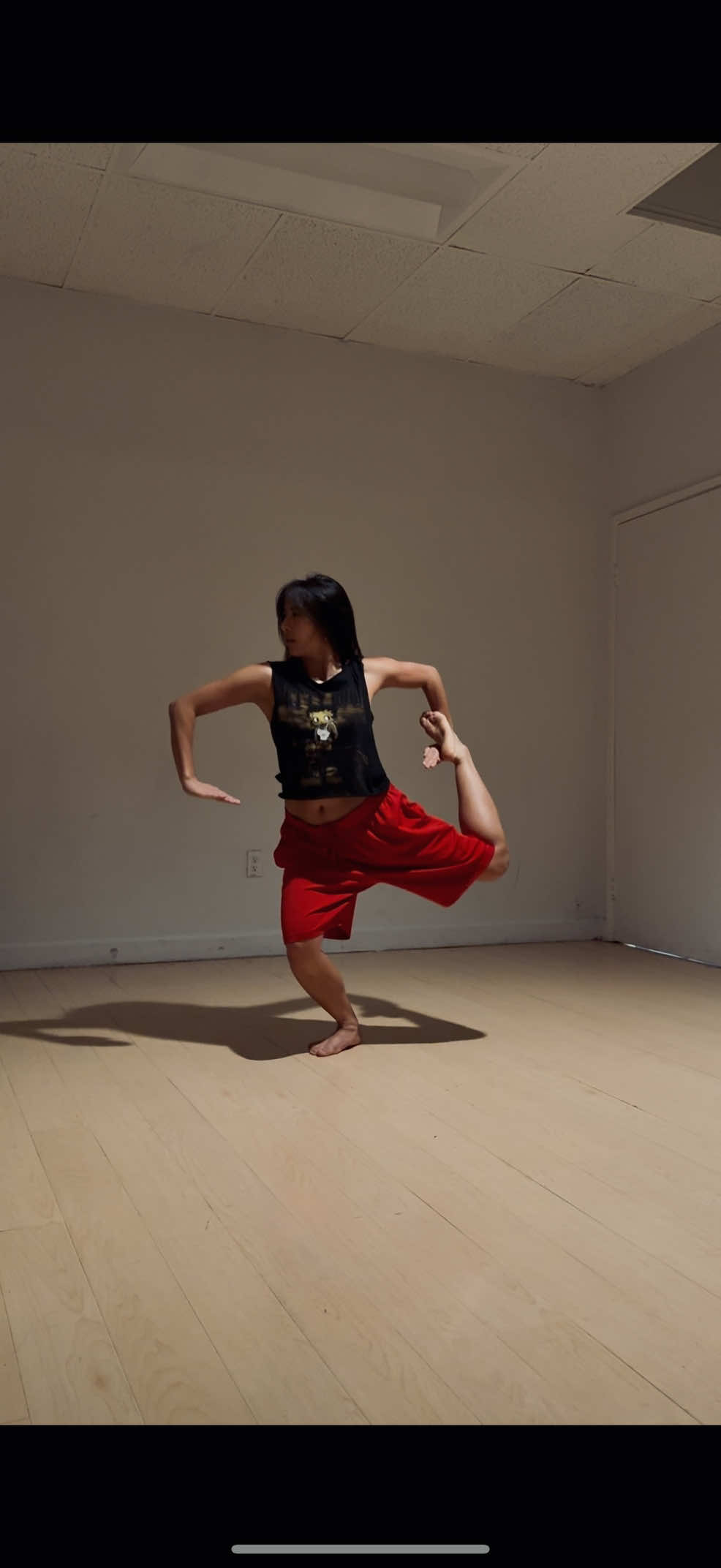margeauxx :)
Region: US
Saturday 02 August 2025 23:00:08 GMT
288
31
4
0
Music
Download
Comments
harm<3 :
body is tea baeee
2025-08-03 02:34:32
1
glorpthegreencar :
ur belly button looked at me first it also won the staring contest
2025-08-03 03:47:00
0
epttso :
2025-08-03 03:25:27
1
To see more videos from user @margeauxx.xx, please go to the Tikwm
homepage.





